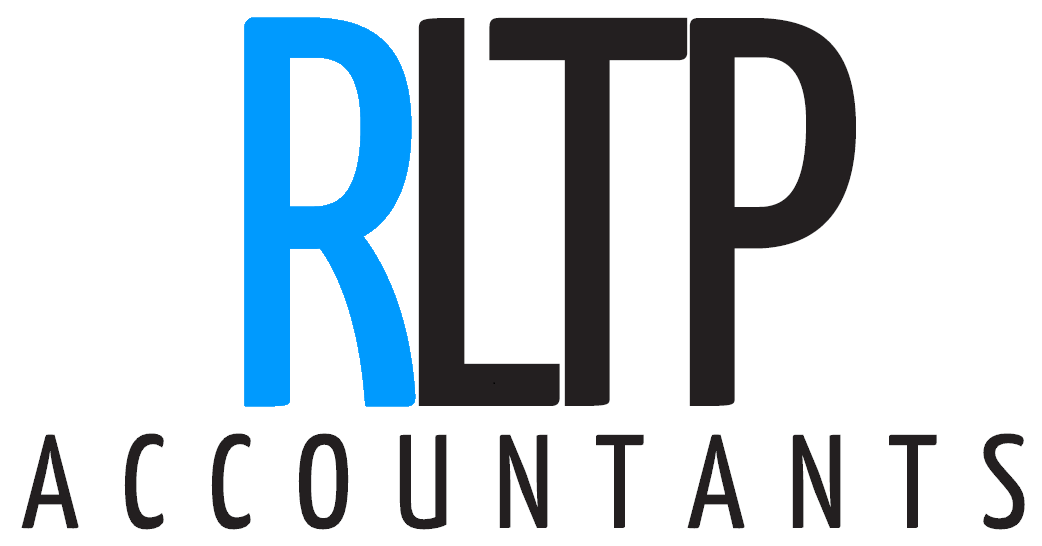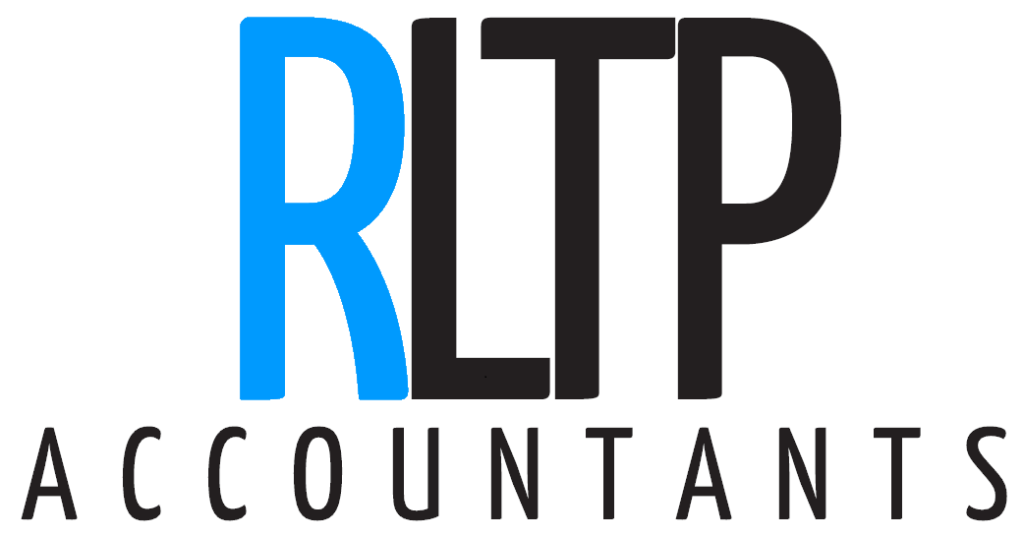Having a Furnished Holiday Letting can be extremely beneficial in terms of extra income. However, any earnings that come into your household as a result of this will be taxed using rental business calculation rules. This is because material services are being provided to your customers, thus making it a trade, for some tax purposes. Here at RLTP we have the following advice.
Furnished Holiday Lettings have many advantages over other types of lettings, including the following:
- You’ll receive capital allowances on furniture and furnishings
- There is a Capital Gains Tax Relief available for traders
- For pension purposes, profits count as earnings
Both profits and losses made from Furnished Holiday Lettings will need to be calculated annually with the year ending on 5th April. These profits and losses must be kept separate from any other rental property you have, whether it be in the UK or abroad.
This helps to ensure that all the aforementioned advantages are restricted purely to the Furnished Holiday Letting you have, on the basis that you pass the qualifying tests, outlined further down.
What counts as a Furnished Holiday Letting?
Firstly, in order for it to undoubtedly qualify as a Furnished Holiday Letting, the property needs to be located in the UK or European Economic Area EEA) and must be commercially let. If you own more than one Furnished Holiday Letting in the UK, then these will be taxed as one business. If your Furnished Holiday Lettings are in EEA states, then these will be taxed as separate businesses.
In this context, ‘commercial’ means that the property is let on a commercial basis, with a view to making a profit. But even close season lettings will be treated as a commercial let, even if they produce no profit. This time should then be used to help maintain the property, getting it ready for the upcoming holiday season, whether it be over spring, summer or even Christmas.
The property you’re renting out of the holiday season can only be described as ‘furnished’ if your customers are entitled to use the furniture you’ve supplied. If the property is unfurnished then, obviously, it won’t count as a Furnished Holiday Letting.
There must also be enough furniture in the property for your customers to comfortably occupy the house. Some of the furniture you may wish to provide, in order for it to qualify as a Furnished Holiday Letting includes:
- Sofas or settees, with enough seating for available for all occupants – if your property is able to house 4-5 people, then you should ensure the sofas or armchairs will be able to seat at least that amount of people
- Dining table with a sufficient number of chairs
- White goods, such as fridges, freezers, washing machines, kettles and toasters, for example
- Beds with mattresses – enough for the amount of occupants you’re advertising
- Desks or dressing tables in order to cover for every eventuality
If your Furnished Holiday Letting qualifies as such, then the next step would be to make sure you pass the relevant tests. If you don’t, then you cannot let out a holiday home and make money from it. Instead, you can use it for your own personal means as you won’t be making a profit as a result.
What tests do I need to pass before letting out a furnished holiday home?
All three of the following tests must be passed and satisfied if a letting is to qualify as a furnished holiday home:
The availability condition
The property must be available for commercial letting to the public for at least 210 days of the tax year
While the property is owner-occupied, it cannot be treated as available for letting
However, the property owner can live in the property when the season is over, but they must move out when the holiday season begins
The letting condition
- During the tax year, the property is commercially let as holiday accommodation to the public for at least 105 days
- If this condition is not met every year, then there’s an averaging election or a period of grace election which may help
The pattern of occupation condition
- The property must not be let for periods of longer-term occupation, usually lasting 31 days or more
- This equates to around 155 days during the average tax year
The benefits of having a Furnished Holiday Letting
As previously mentioned, having a Furnished Holiday Letting as opposed to an unfurnished property that you rent out is far more beneficial to the property owner. The following is what you can expect if you have, or wich to have, a Furnished Holiday Letting:
Capital allowances
- Furnished Holiday Lettings are entitled to capital allowances on a number of things, including white goods, furniture and anything else that enhances the customers’ experience whilst residing there
- It’s important to note that not all Furnished Holiday Lettings qualify for capital allowances
- If you’re using the property and every in it for personal means, then a sufficient adjustment must be made
- You will not receive capital allowances for the cost of the property or the land it sits on
Capital gains tax
There are a number of different ways in which you can benefit if your property qualifies as a Furnished Holiday Letting, including:
- Entrepreneurs Relief
- Business Asset Rollover Relief
- Relief for gifts and other similar transactions
Pension relief
- Profits made from Furnished Holiday Lettings will count as appropriate UK earnings for pension purposes
- Pension contributions can only be made on up to £40,000, unless the income exceeds £110,000 or the pension benefits have already been drawn
- There are rules to follow for using allowances from previous years, so make sure you research this properly
Inheritance tax
- For Business Property Relief, there are a number of services which need to be provided in order for it to be more like the provision of hotel services, for example, rather than simply a Furnished Holiday Letting
- Otherwise, the property value will be included within the estate for inheritance tax purposes, ensuring you’re paying the right amount of tax based on assets, effectively
VAT
- A supply of holiday accommodation by a registered VAT trader will carry a standard VAT rate
- During the Covid-19 pandemic, there’s a reduced rate of VAT of 5% for supplies made from 15th July 2020 to 30th September 2021 and 12.5% for supplies made between 1st October 2021 and 31st March 2022, after which, the rate will reverie back to 20%
- Most customers will not be able to reclaim VAT, mainly because it’s not worth registering for VAT unless you have to register due to your turnover being in excess of £85,000 within any 12-month period
What should I do if my Furnished Holiday Letting makes a loss?
If you make a loss on your Furnished Holiday Letting, in the UK, then it can only be carried forward with any profits made on the same UK Furnished Holiday Letting business, if you have more than one Furnished Holiday Letting in the UK. This is the same if you have one or more holiday property available to let during the holiday season in an EEA state.
What happens when a property stops being a Furnished Holiday Letting?
Any income and expenditure made from a property that’s no longer considered to be a Furnished Holiday Letting will become either a UK or non-UK property income. This will be added together with Non-Furnished Holiday Letting income made from other properties. Any losses made will usually lapse but there are some rules to follow, even if there’s a temporary gap.
If you’re in need of trusted, first-class accountancy services throughout Derby and the surrounding areas, get in touch with a member of our expert team today. We’ll be pleased to provide you with the services you need to expertly manage the finances that are associated with your Furnished Holiday Letting.


